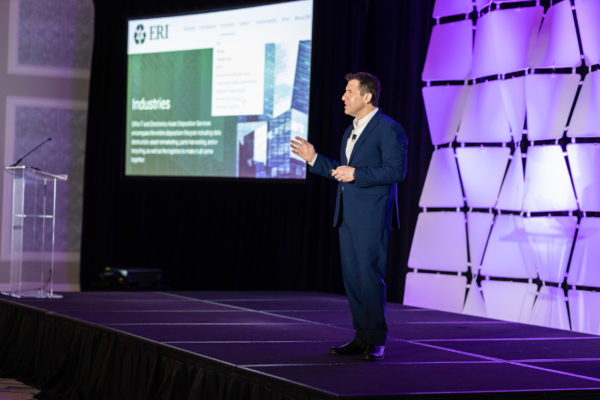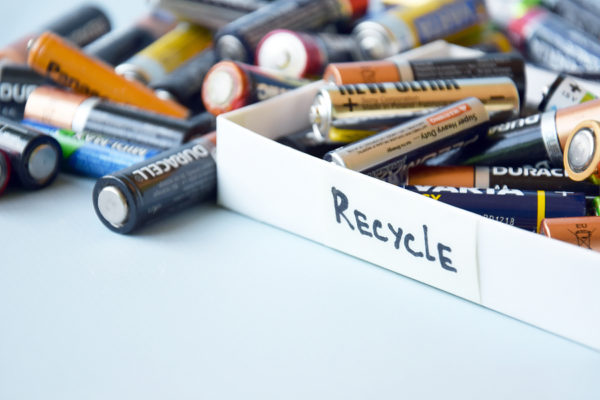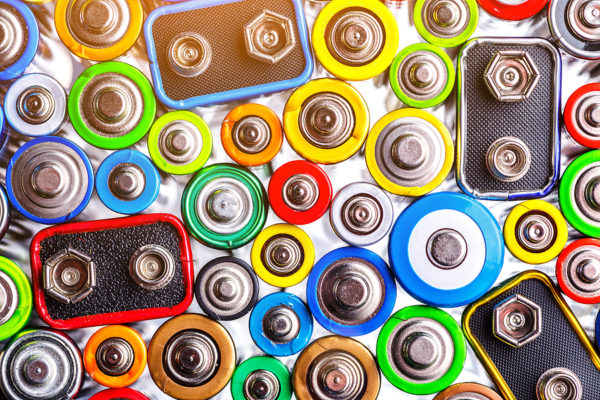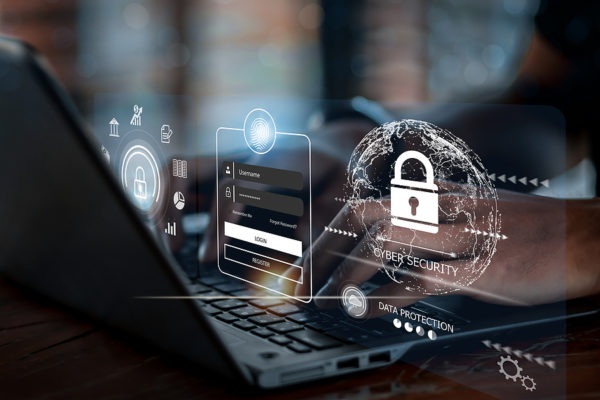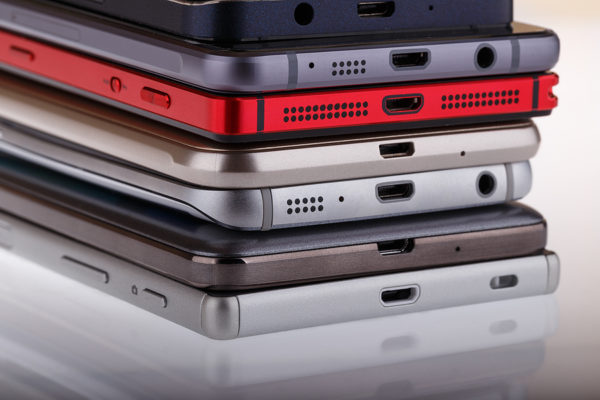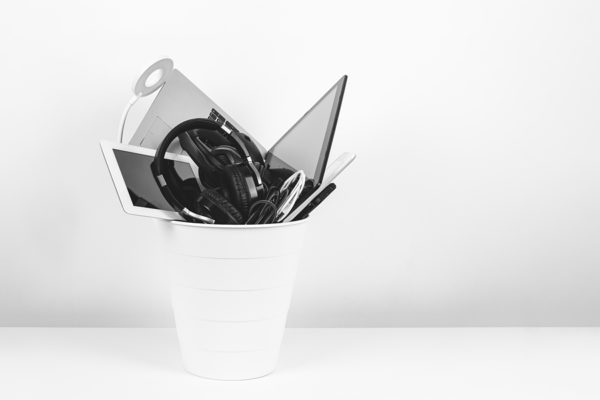LAS VEGAS–(BUSINESS WIRE)–Angie Ransom, Vice President of the Retail Division for ERI, the nation’s largest fully integrated IT and electronics asset disposition provider and cybersecurity-focused hardware destruction company, participated in a panel of experts on the multifaceted relationship between data and logistics yesterday at the Reverse Logistics Association (RLA) 19th Annual RLA Conference & Expo at the Mirage in […]
